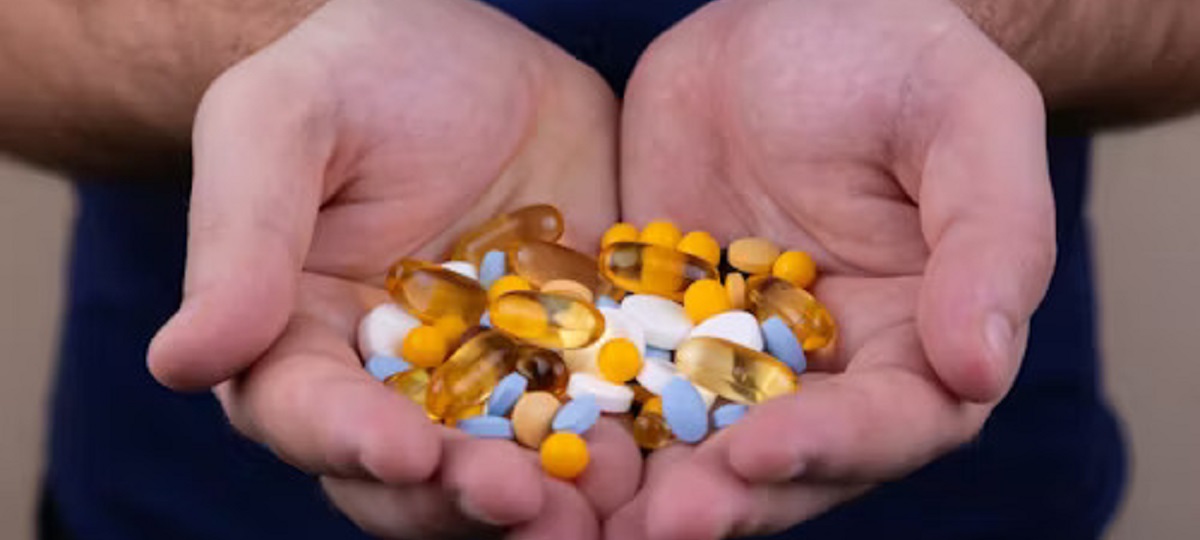Abuse of drugs or alcohol for an extended period raises the chance of cancer and other diseases, in addition to other negative health effects. Thus, the first and most important stage in any treatment strategy should be drug detoxification. The detox program you choose will depend on several factors, including your general health, the severity of your addiction, and the primary goals of your treatment plan.
It’s a crucial step in overcoming addiction and beginning the recovery process. Although detoxification may seem difficult, there are methods to make it go more smoothly. Take into consideration the following essential guidance to assist individuals in completing the detox process:
1. Medical Guidance
Stopping medicines might cause your body to react dramatically, causing symptoms including nausea, vomiting, trouble falling asleep, severe anxiety, or even seizures. This makes it imperative that you undergo your detox under medical supervision. They keep an eye on your health, see to it that you get the right treatment, and help you properly manage your symptoms..
Doctors occasionally prescribe medication to treat symptoms and reduce the likelihood of complications during detoxification. Therefore, when going through a drug detox, it’s best to have medical assistance. In the event that you are lost and don’t know who to call for assistance, you may also get in touch with a drug addiction hotline that provides top-notch medical services.
2. Gradual Tapering
Abruptly quitting drugs can exacerbate withdrawal symptoms and complicate the detox process. Gradually reducing the dosage of medications until they are no longer necessary is known as “tapering off,” or “gradual tapering.” This increases the likelihood that you’ll successfully detox and lessens the severity of the withdrawal symptoms. Doctors can design a personalized tapering-down plan for you based on your medication use, health, and symptoms.
3. Add as Much Protein as Possible
An addict’s body is frequently experiencing some sort of struggle. Protein is beneficial because it helps the body rebuild organs and repair tissues and cells. Healthy protein sources include almonds, chicken, fish, and eggs.
4. Hydration is Crucial
Water is the food that is most fundamental and necessary to help you heal more quickly. For a very long period, your body has been dehydrated. While water doesn’t contain any nutrients and doesn’t negatively impact your body, it is the most fundamental food you may consume when going through a detox. Drink as much water as you can throughout the first several days of treatment and continue to do so throughout. Your body gets healed and revitalized by the oxygen in the water.
5. Foods That Help You Breathe Again
Your lungs have suffered if you have been smoking crack, cigarettes, marijuana, or heroin in the past few months. You do not breathe in enough oxygen when your lungs are not functioning properly. Many issues arise throughout your body when there is not enough oxygen. Consume meals high in antioxidants, magnesium, and omega-3 fatty acids to expedite healing and restore lung function. Consume extra berries, beans, and green leafy vegetables as well.
6. Emotional Support
Emotions such as anxiety, concern, despair, and irritability can be intensely felt by those going through detox. Detoxification is a critical time to have someone to talk to and encourage you. You can deal with these emotions and maintain your motivation during detox by speaking with a counselor or therapist or by joining support groups. Talking to someone who understands your situation might help you cope better, express how you’re feeling, and receive support.
7. Aftercare Planning
Health healing does not begin with detoxification. You still require assistance and resources after detoxification in order to quit using drugs and abstain from them. Creating a personalized aftercare plan requires taking into account your requirements, preferences, and potential roadblocks. To do this, you may need to hunt for housing, attend therapy, join groups, learn new skills for the workplace, and search for community assistance. Even after detoxification, patients can benefit from this type of care and stay drug-free for an extended period of time.
Conclusion
Sometimes it might be painful and challenging to detox from narcotics. When you stop taking drugs, your body experiences significant changes, therefore, you must make every effort to fuel it. Although each person’s detox experience is different, certain meals may affect how comfortable you feel and how long it takes your body to heal from ceasing therapy. With the right assistance and resources, detoxification can be safer and more efficient for some.
